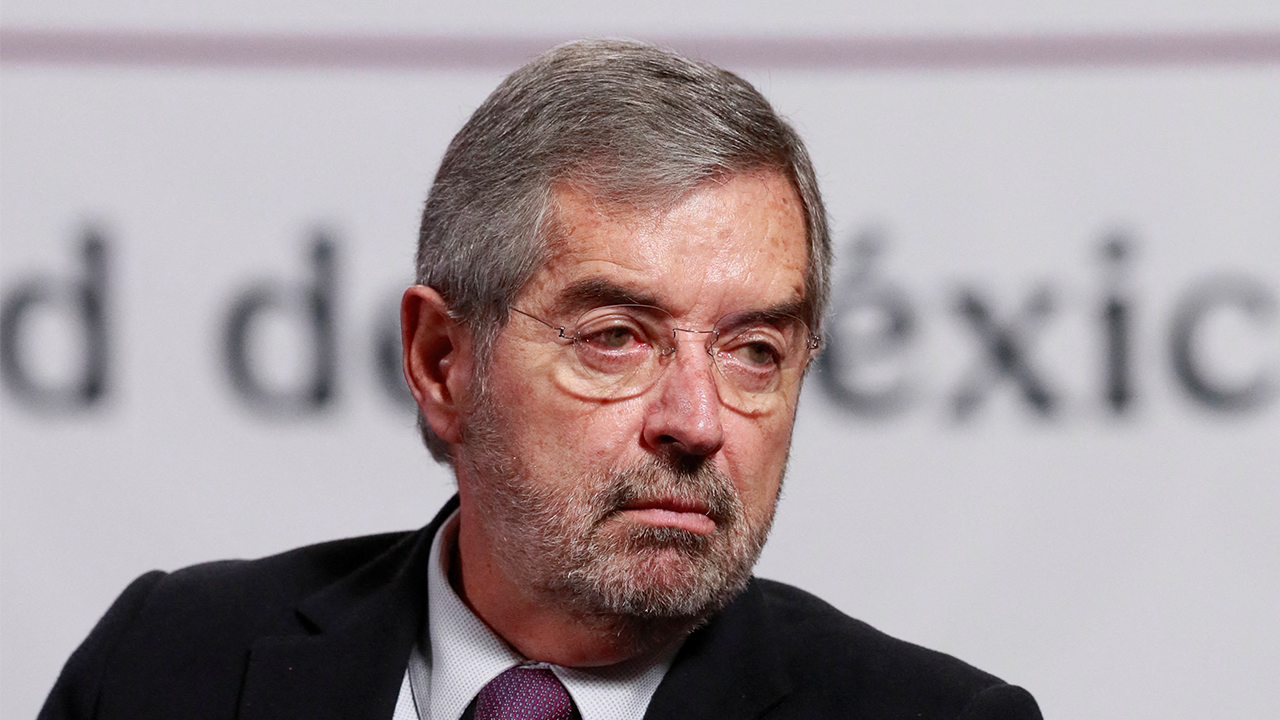Mexico says it will not allow US to send Mexican migrants to Guantanamo Bay

Mexico’s Foreign Minister, Juan Ramon de la Fuente, recently stated that Mexico will not allow the U.S. government to send Mexican migrants to the Guantánamo Bay detention camp in Cuba. Instead, Mexico prefers to directly receive the migrants. This decision was communicated to the U.S. embassy in Mexico through a diplomatic note.
The announcement came after White House press secretary Karoline Leavitt revealed that the Trump administration has initiated flights of detained illegal migrants from the U.S. to Guantánamo Bay. While Leavitt did not specify the nationalities of the individuals on these flights, she confirmed that the transfers were underway.
President Donald Trump has pledged to expand the detention camp’s capacity to accommodate up to 30,000 “criminal illegal aliens.” The utilization of Guantánamo Bay for this purpose has sparked criticism globally due to its history of inhumane treatment and torture of detainees, including controversial interrogation tactics.
According to the Pentagon, one flight carrying approximately a dozen migrants from Fort Bliss to Guantánamo Bay has already taken place, with additional flights departing the U.S. on Monday. These migrants will be housed separately from the existing 15 detainees at the camp, which includes planners of the 2001 terrorist attack.
In a separate development, El Salvador has agreed to accept deportees from the U.S. of any nationality following a meeting with Senator Marco Rubio. This decision aligns with the Trump administration’s efforts to address immigration-related issues.
Cuban President Miguel Diaz-Canel condemned Trump’s plan to send 30,000 migrants to Guantánamo Bay as an “act of brutality.” He criticized the U.S. government for forcibly expelling migrants and placing them in close proximity to known sites of torture and illegal detention.
The contentious issue of transferring migrants to Guantánamo Bay underscores the ongoing challenges in addressing immigration policies and practices. The implications of these actions on human rights and international relations remain subjects of intense debate and scrutiny.
As the situation continues to evolve, stakeholders are closely monitoring developments and the potential impact on affected migrant populations. The complexities of immigration enforcement and border security require comprehensive solutions that balance security concerns with humanitarian considerations.
This article highlights the latest developments in the immigration landscape and underscores the importance of addressing these issues with sensitivity and respect for human rights. Stay tuned for further updates on this evolving story.




